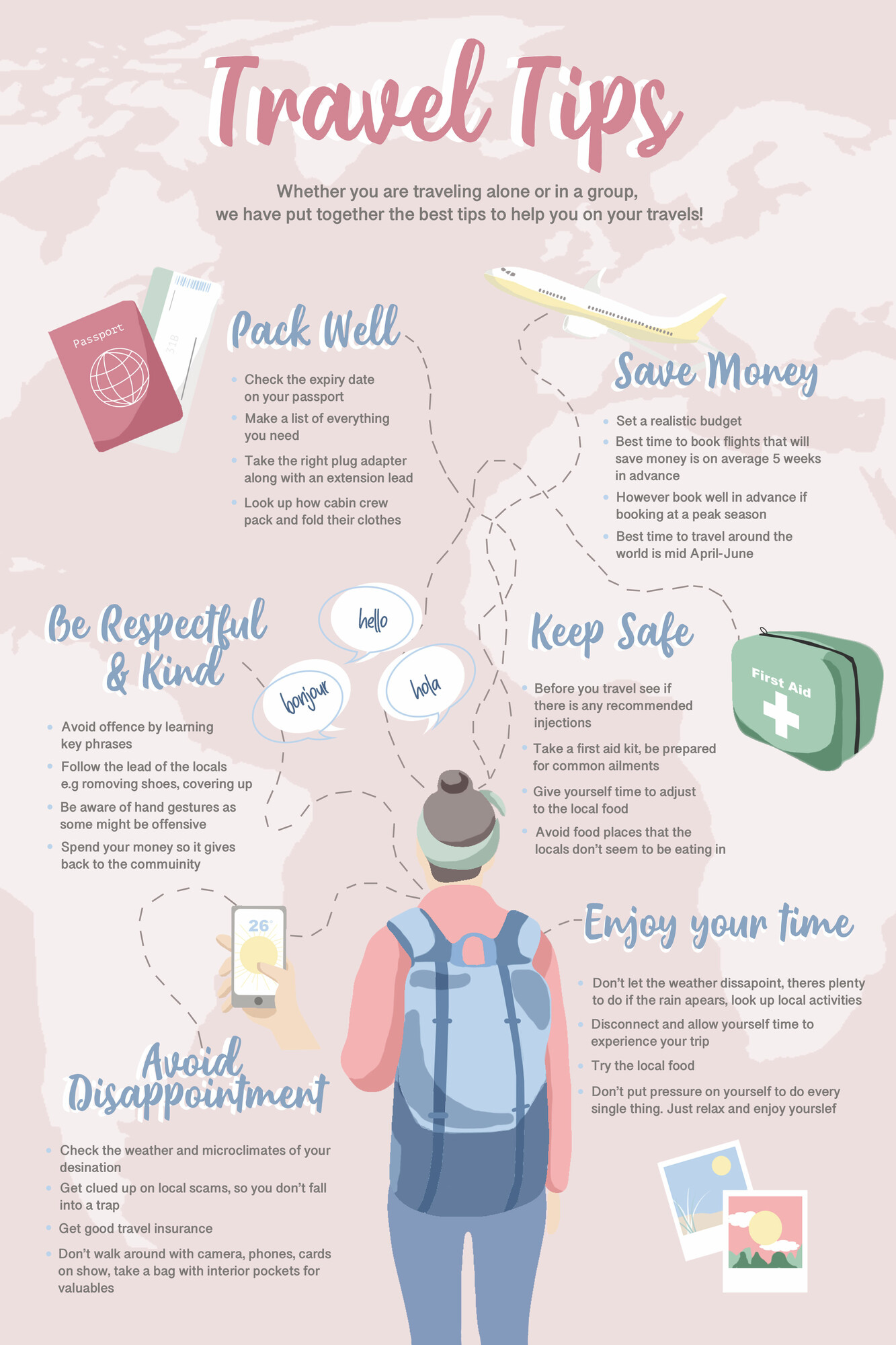Index Surge: Amplifying Your Insights
Stay updated with the latest trends and news across various industries.
Jet Lag? Not on Your Watch!
Beat jet lag effortlessly! Discover essential tips to stay energized and enjoy your travels like never before!
Top 5 Tips to Combat Jet Lag Effectively
Jet lag can be a frustrating side effect of long-distance travel, but with the right strategies, you can minimize its impact. Here are Top 5 Tips to Combat Jet Lag Effectively:
- Adjust Your Schedule: Before your trip, gradually shift your sleeping and eating schedule to match your destination’s time zone. This can help your body adapt more easily.
- Stay Hydrated: Drink plenty of water before, during, and after your flight. Avoid excessive alcohol and caffeine, as they can dehydrate you and exacerbate jet lag symptoms.
- Get Plenty of Sunlight: Exposure to natural light helps regulate your internal clock. Spend time outdoors during the day after you arrive to help your body adjust.
- Consider Melatonin: Some travelers find that taking melatonin supplements can help reset their circadian rhythm and promote better sleep.
- Stay Active: Engage in light exercise, such as stretching or walking, to increase blood circulation and enhance your mood.

Understanding Jet Lag: Causes, Symptoms, and Solutions
Jet lag is a temporary sleep disorder that occurs when your body's internal clock is out of sync with the new time zone you have traveled to. This misalignment is primarily caused by crossing multiple time zones quickly, which disrupts your natural circadian rhythms. Key factors contributing to jet lag include the direction of travel (eastward or westward), the number of time zones crossed, and individual variations in sleep patterns and health. As a result, travelers often experience a range of symptoms, making it essential to understand both the causes and effects of this condition.
The symptoms of jet lag can significantly impact your travel experience. Common signs include fatigue, difficulty concentrating, mood disturbances, insomnia, and gastrointestinal issues. Here are some effective solutions to manage and mitigate jet lag:
- Gradually adjust your sleep schedule before departure.
- Stay hydrated during your flight.
- Limit caffeine and alcohol intake.
- Expose yourself to natural light upon arrival.
- Consider melatonin supplements to help regulate sleep.
By following these tips, you can enhance your travel experience and minimize the disruptive effects of jet lag.
Is Jet Lag Ruining Your Travel Plans? Here's How to Overcome It
Jet lag can feel like an unwelcome travel companion, often leaving you tired and disoriented after long flights across time zones. The symptoms, which can include fatigue, insomnia, and difficulty concentrating, are a result of your body’s internal clock struggling to adjust to the new time zone. To ensure that jet lag does not ruin your travel plans, it’s essential to implement some strategies before and during your flight. Start by gradually adjusting your sleep schedule a few days prior to your trip. Try to go to bed and wake up an hour earlier or later, depending on your destination, to help your body acclimate more easily.
Once you’re on the plane, consider adopting some practices to ease the transition. Stay hydrated by drinking plenty of water and avoid excessive caffeine and alcohol, as they can contribute to dehydration and worsen symptoms of jet lag. Additionally, be mindful of your in-flight eating schedule; aligning your meals with your destination’s time zone can help signal to your body that it’s time to adjust. After landing, try to spend time outdoors in natural light, as exposure to sunlight is a powerful tool for resetting your internal clock. By following these tips, you can minimize the impact of jet lag and make the most of your travel experience.